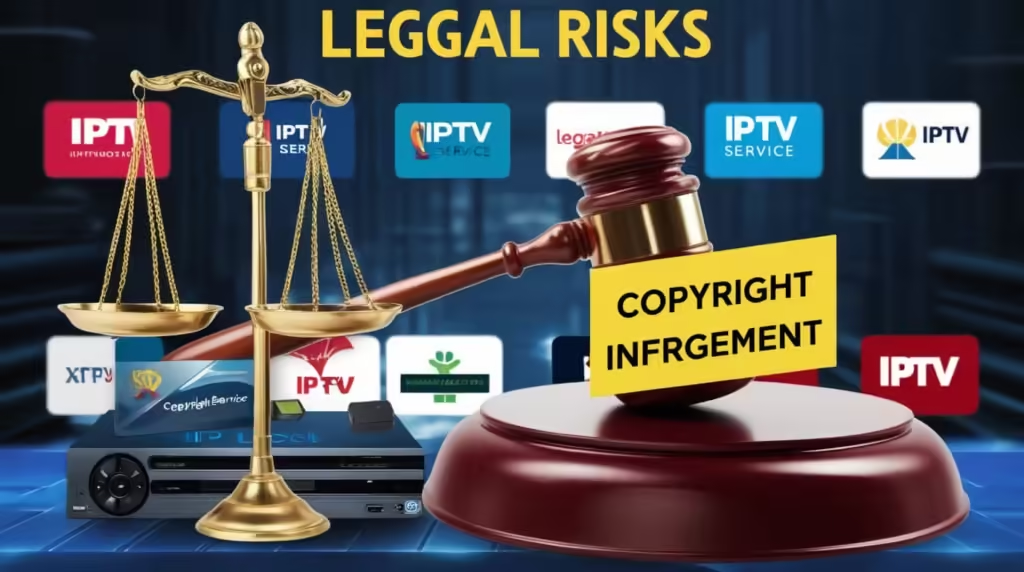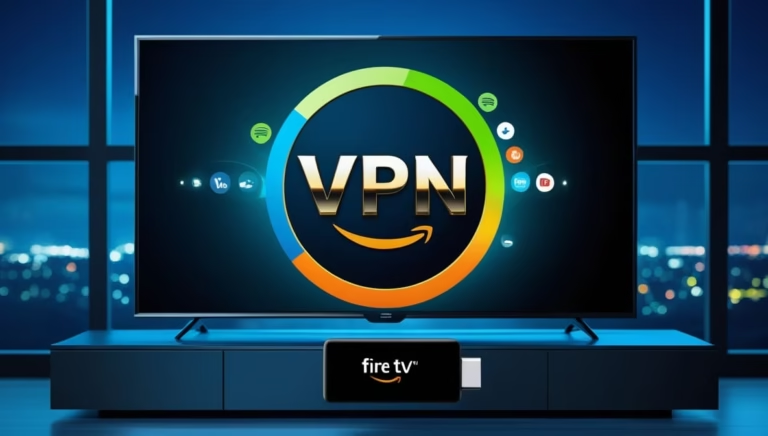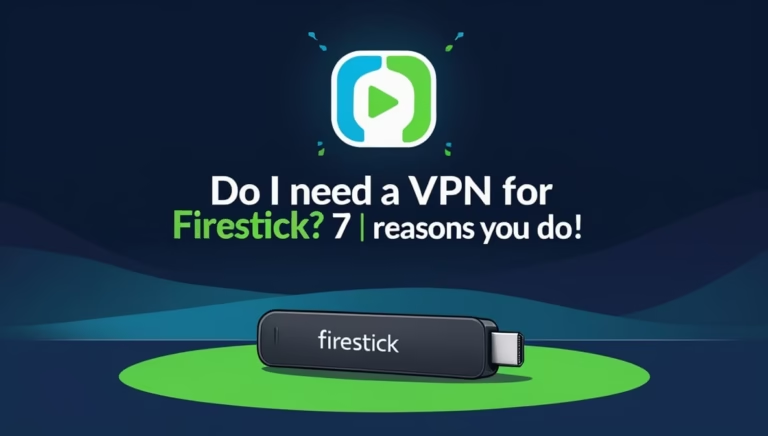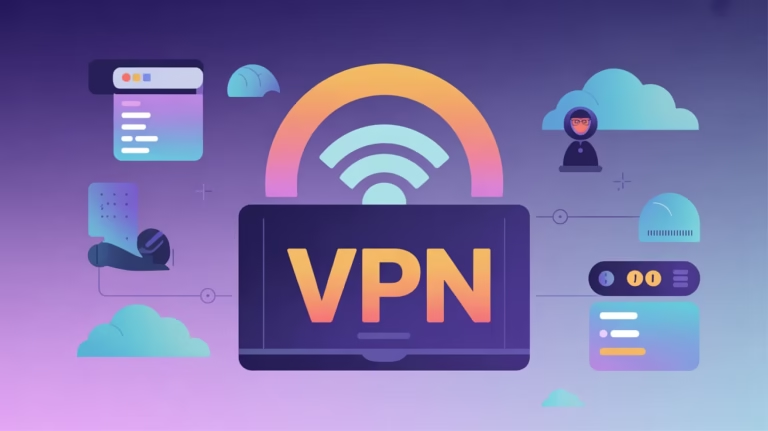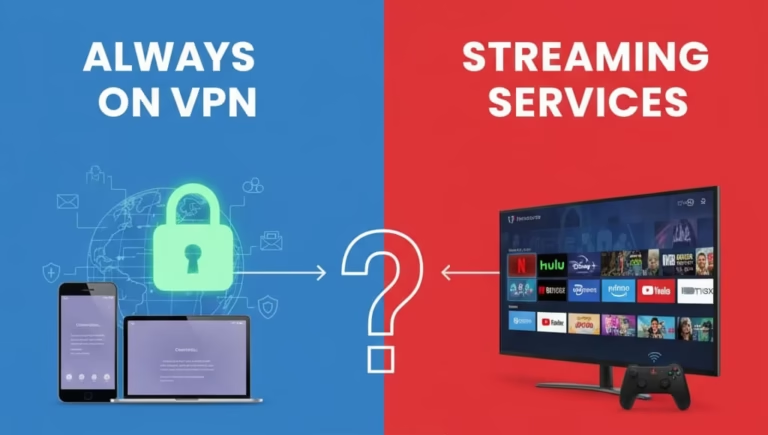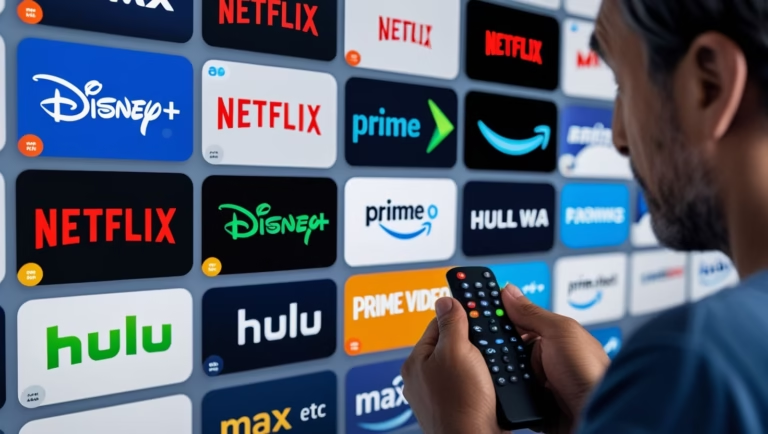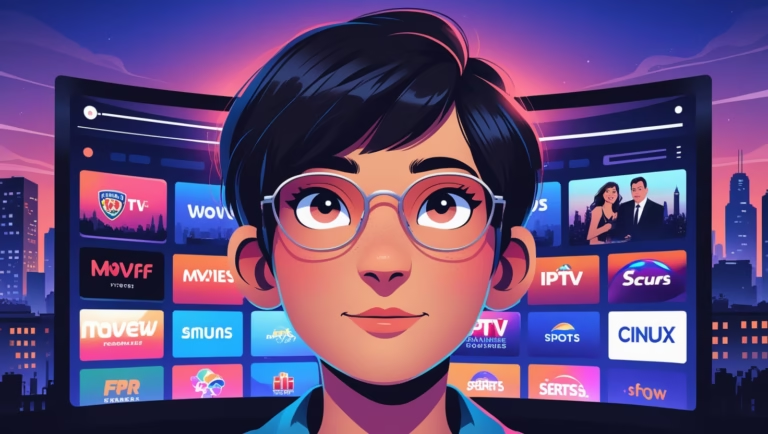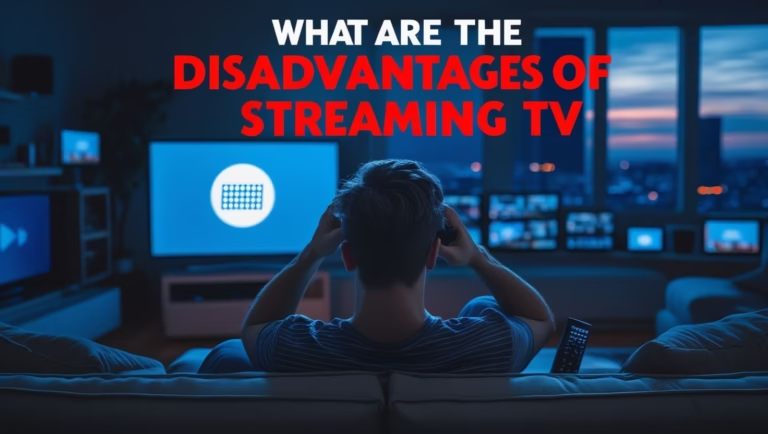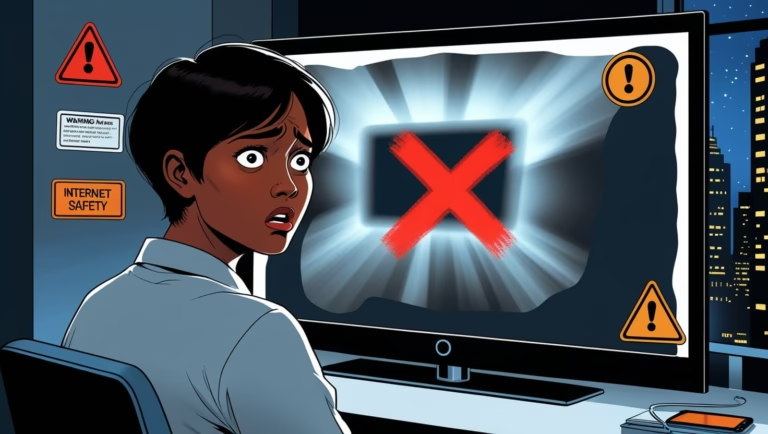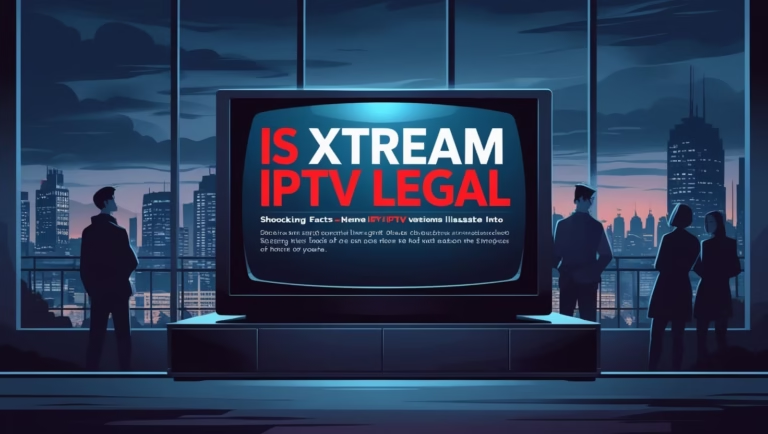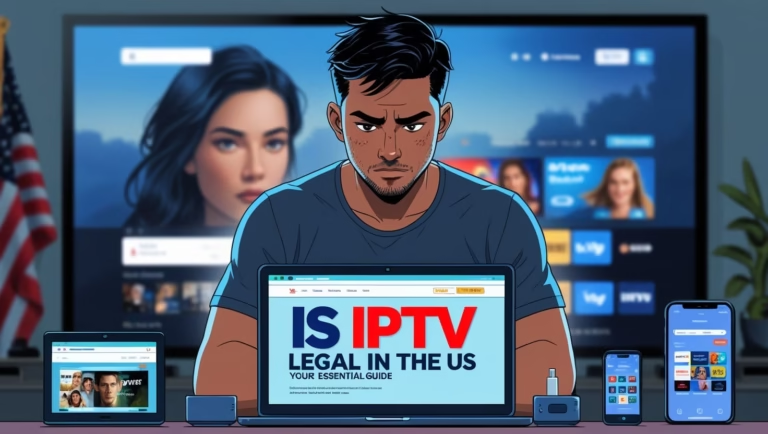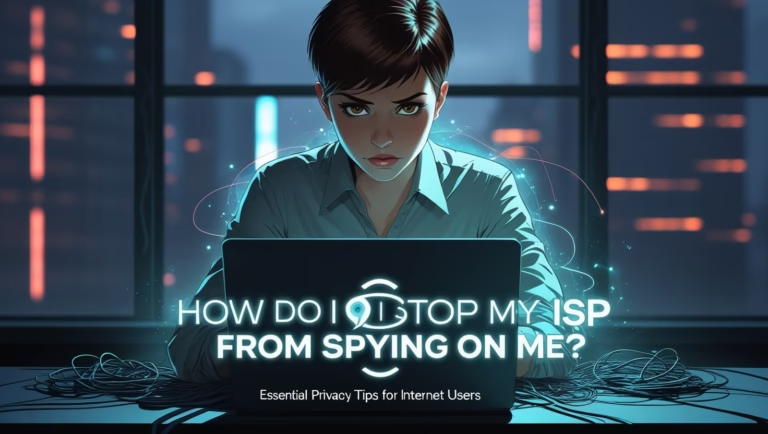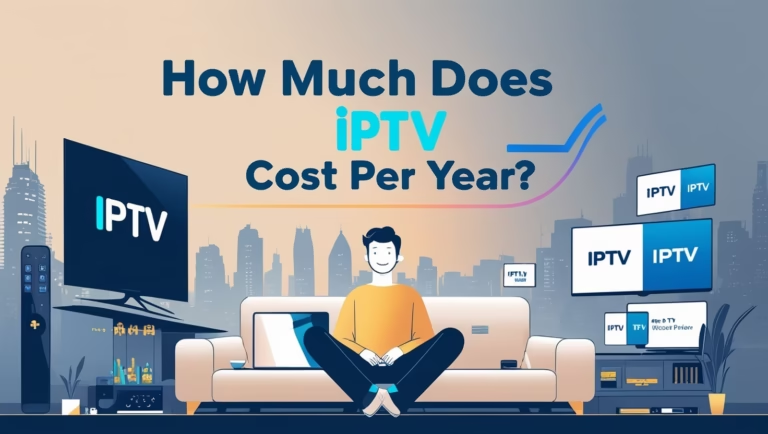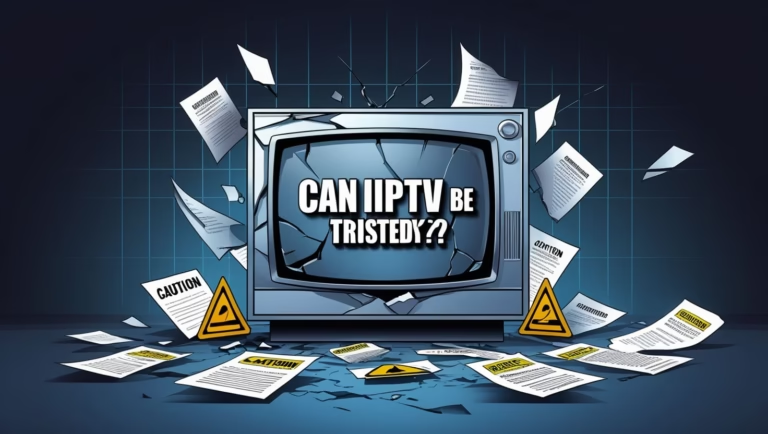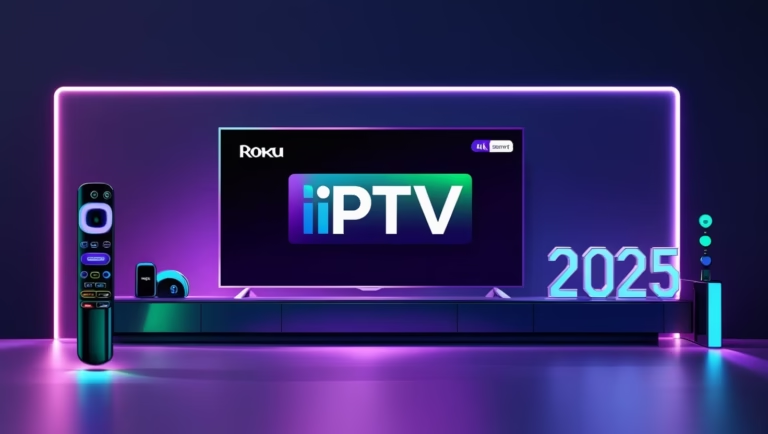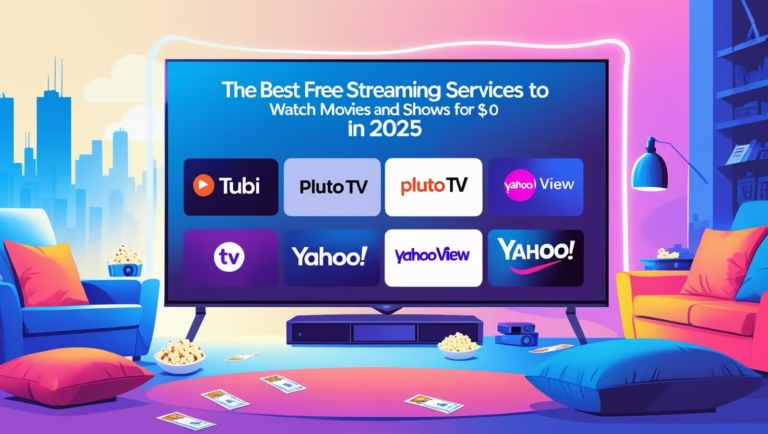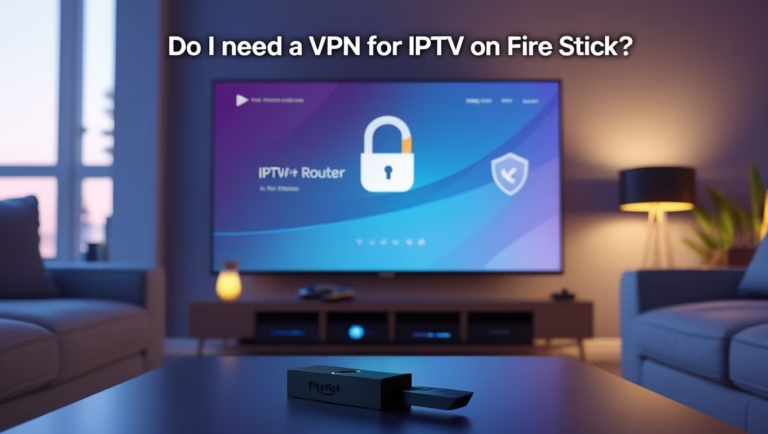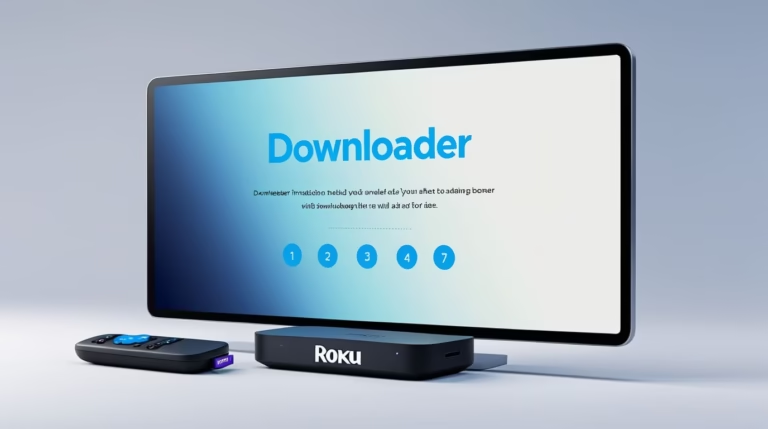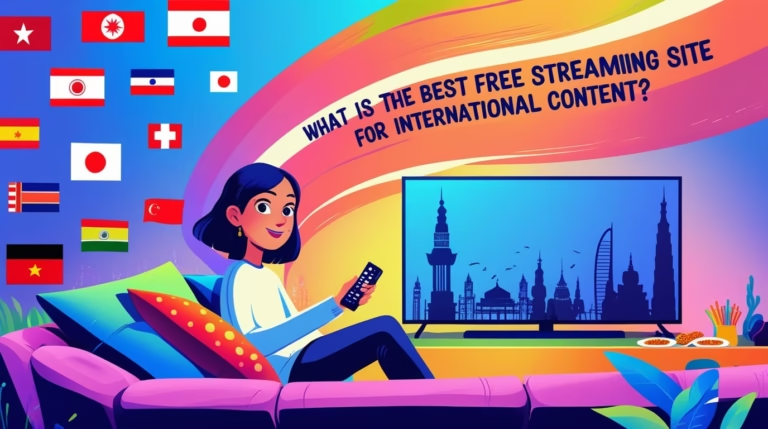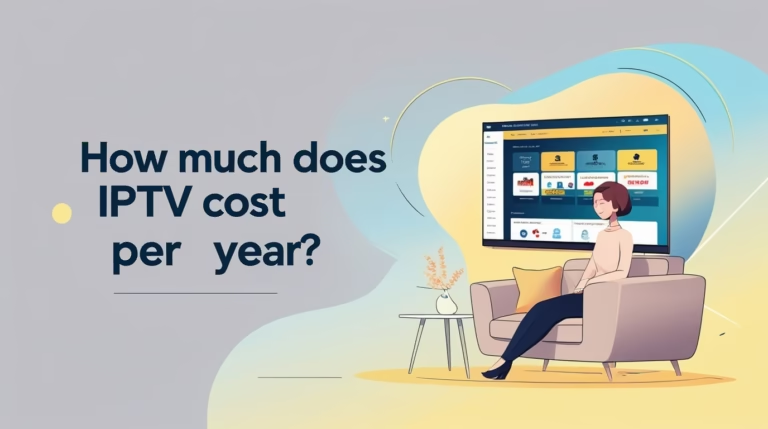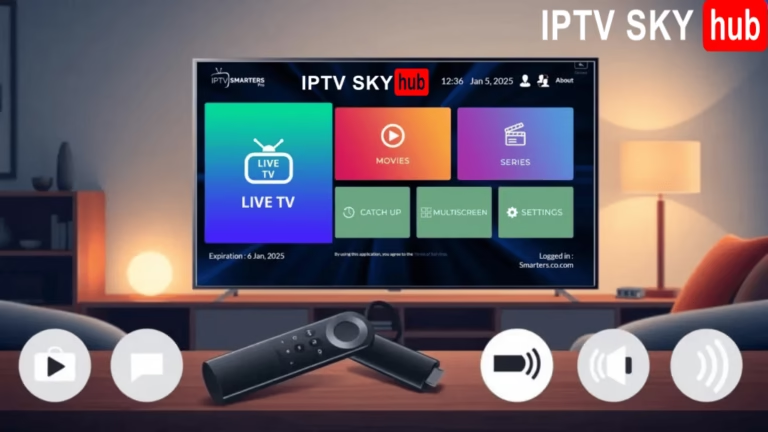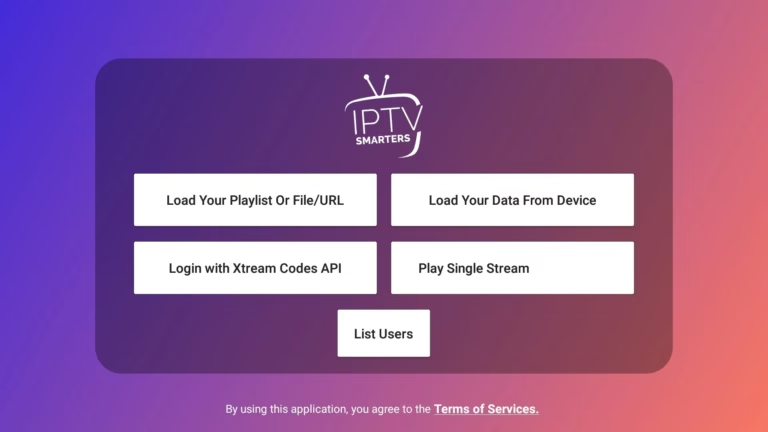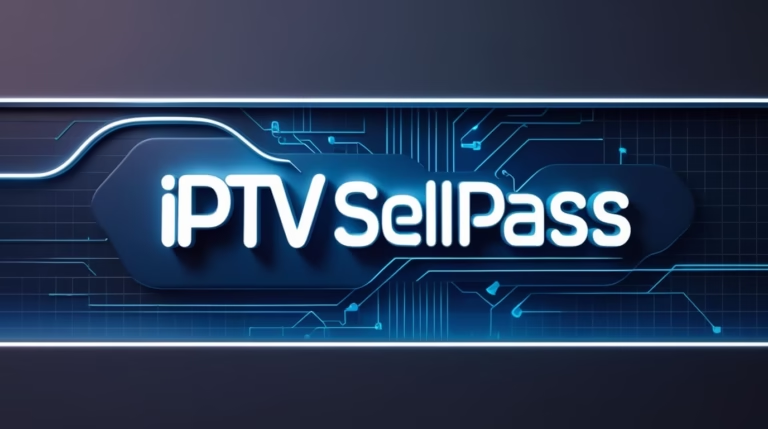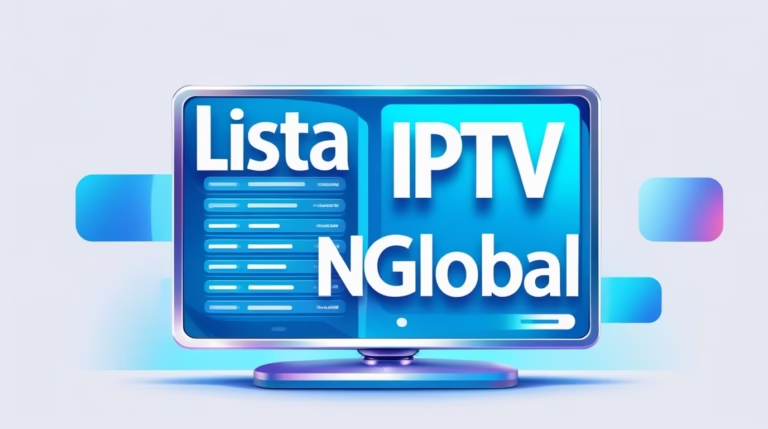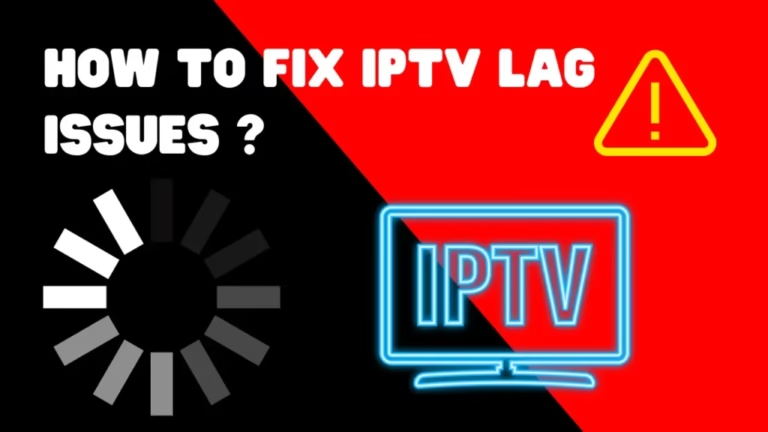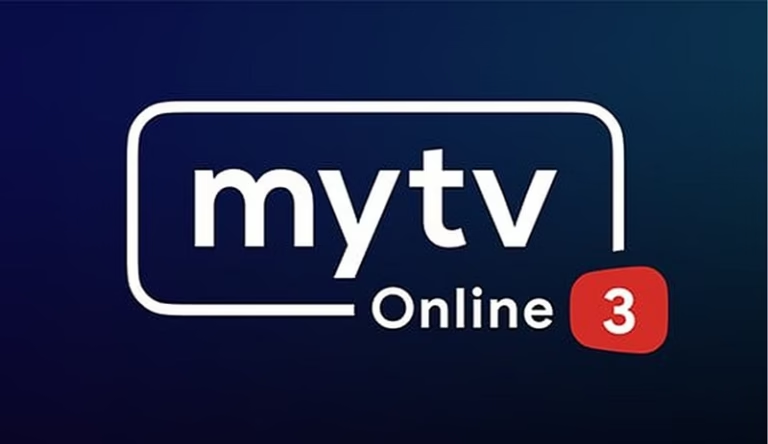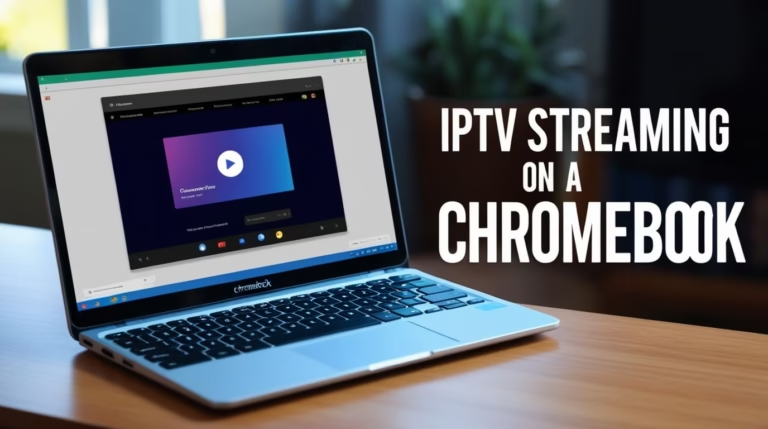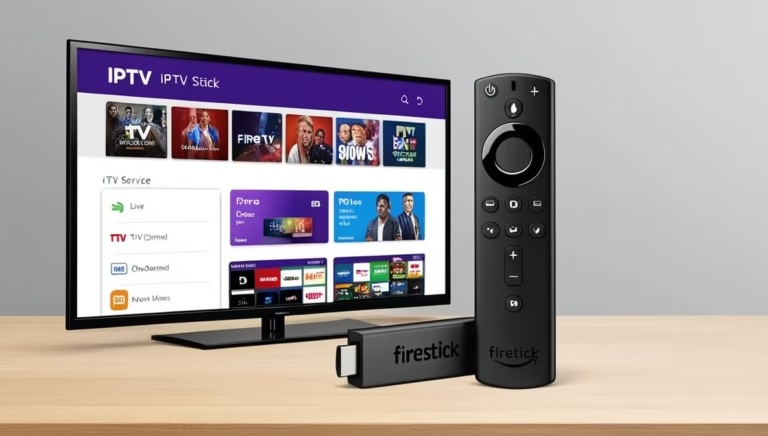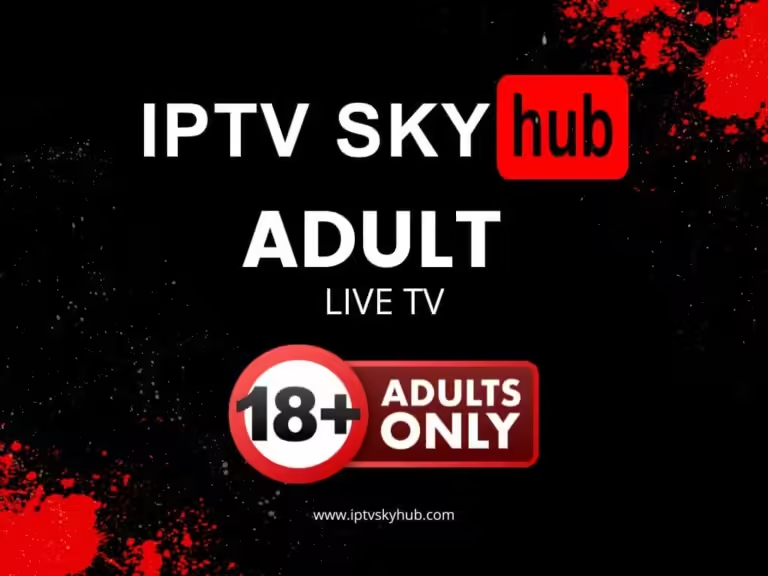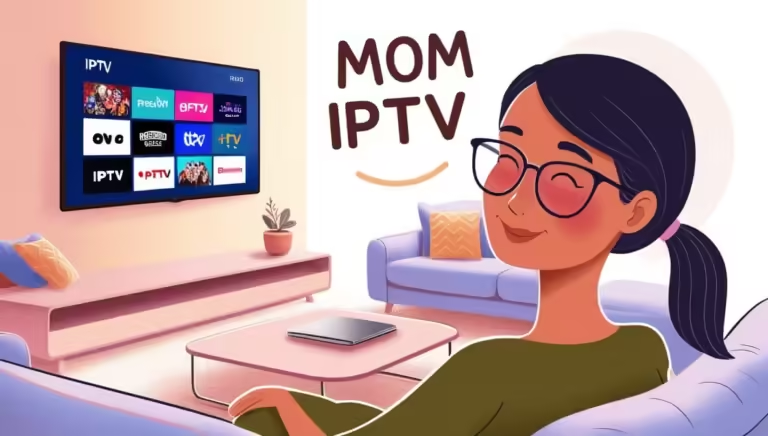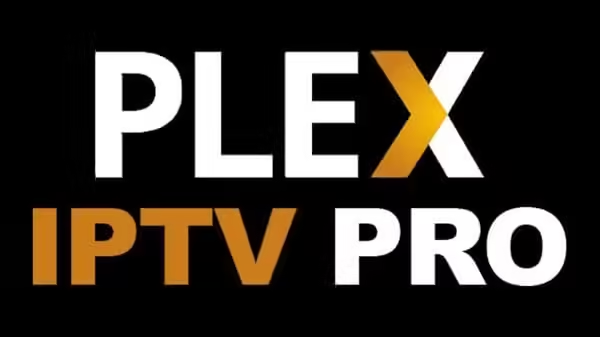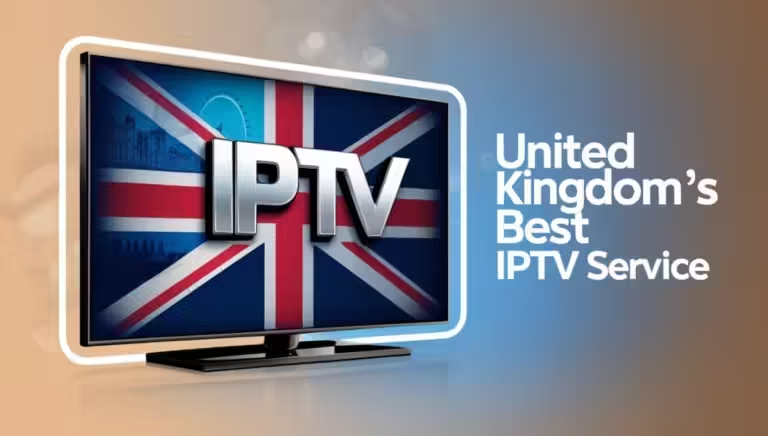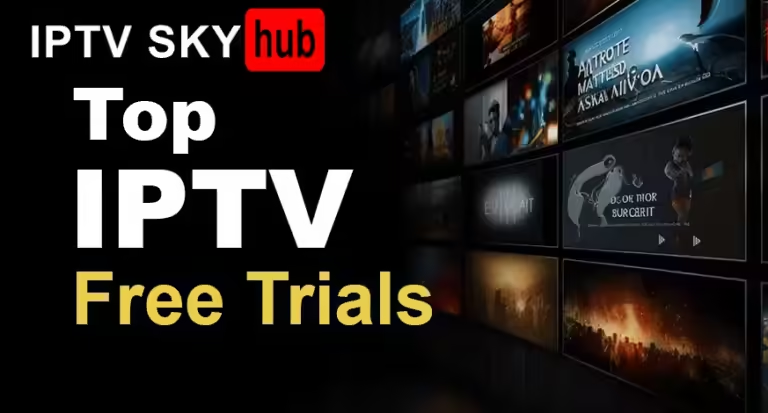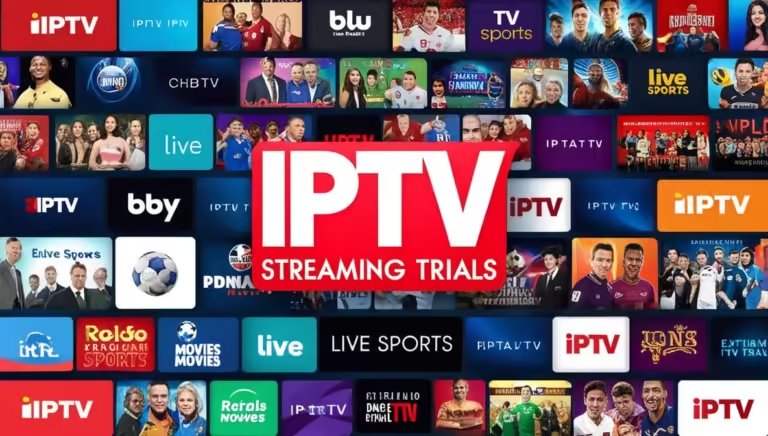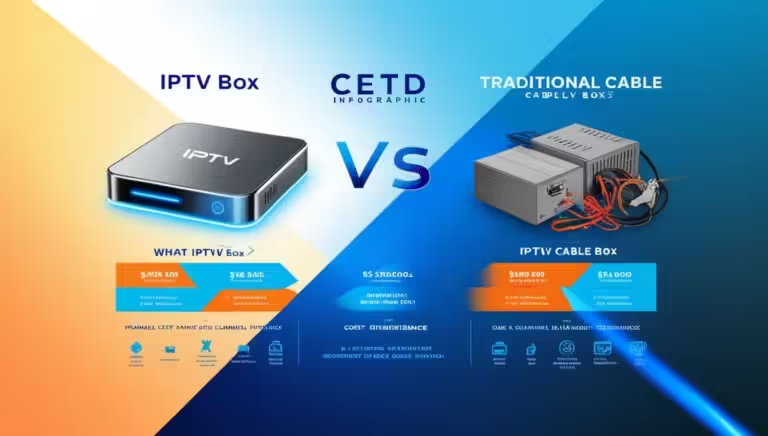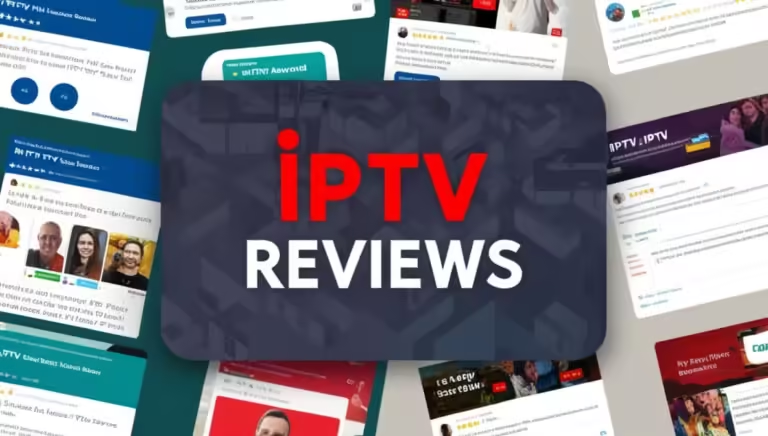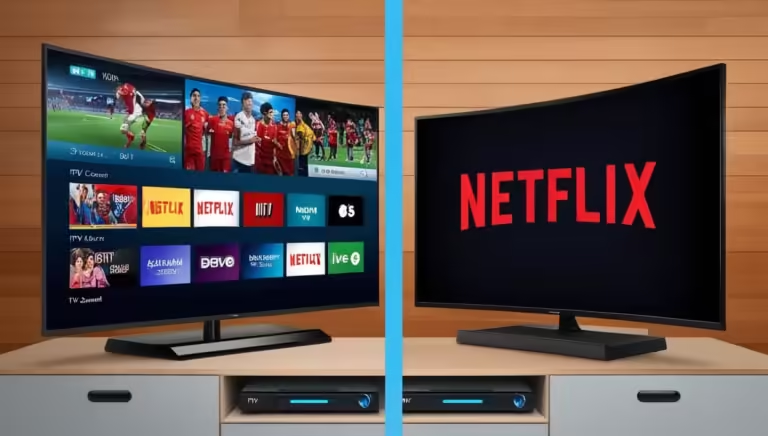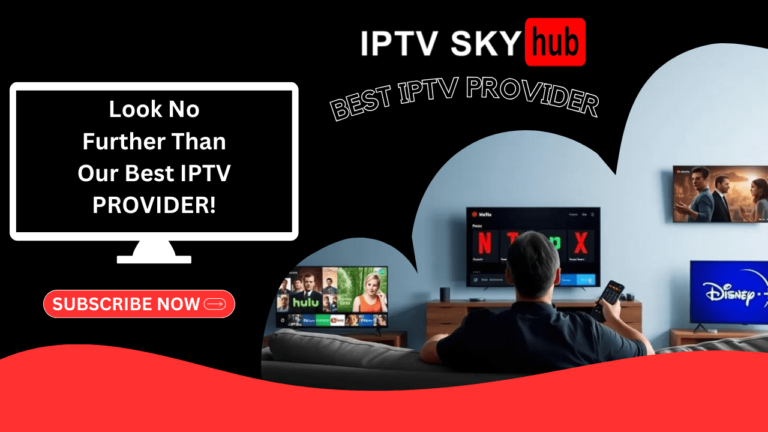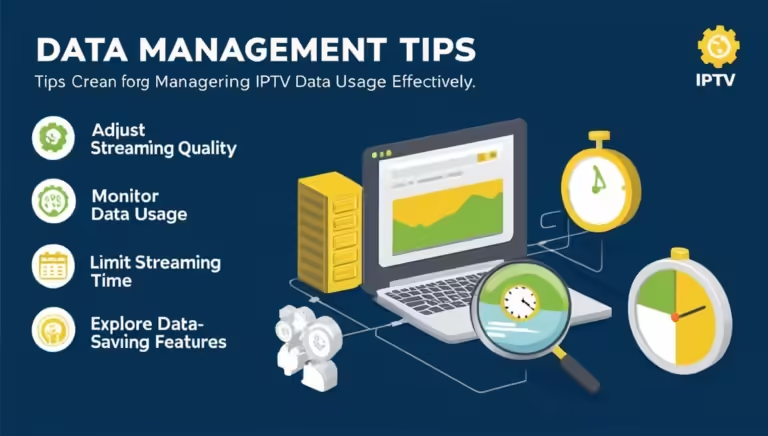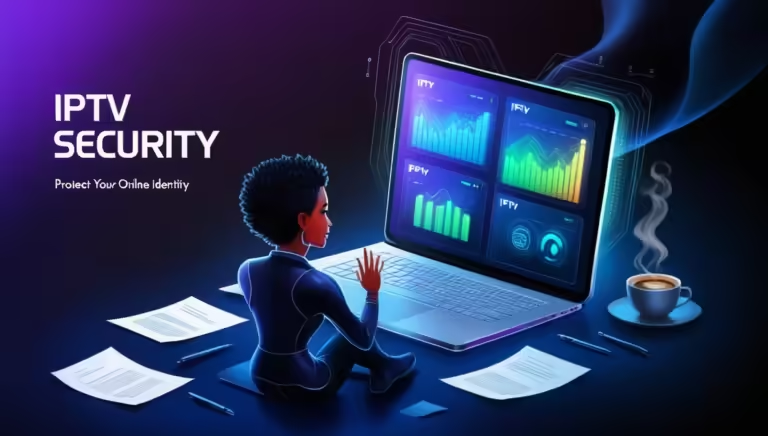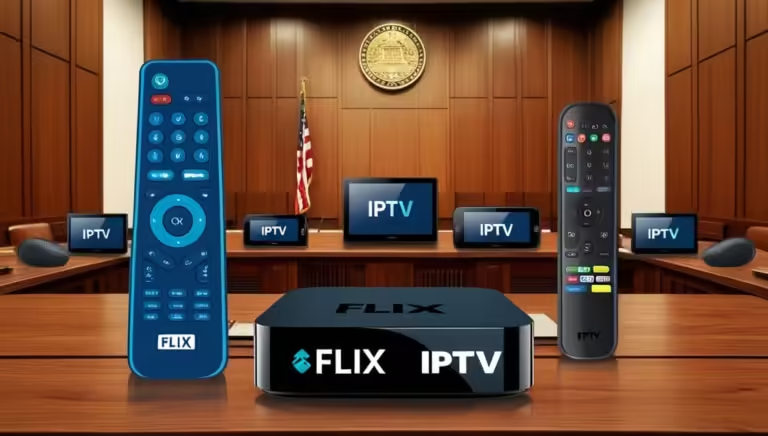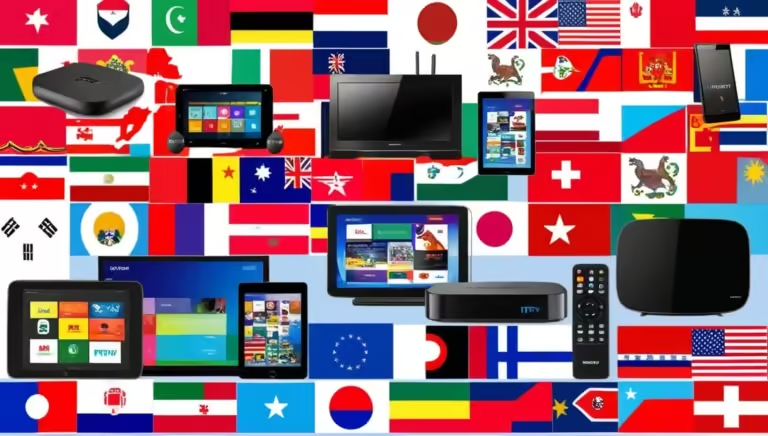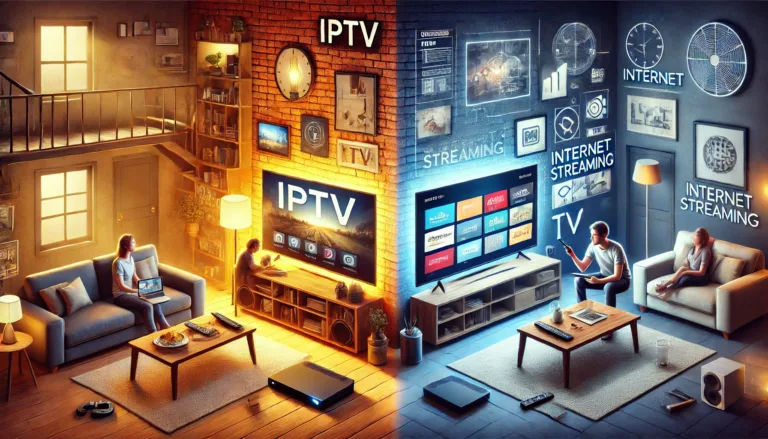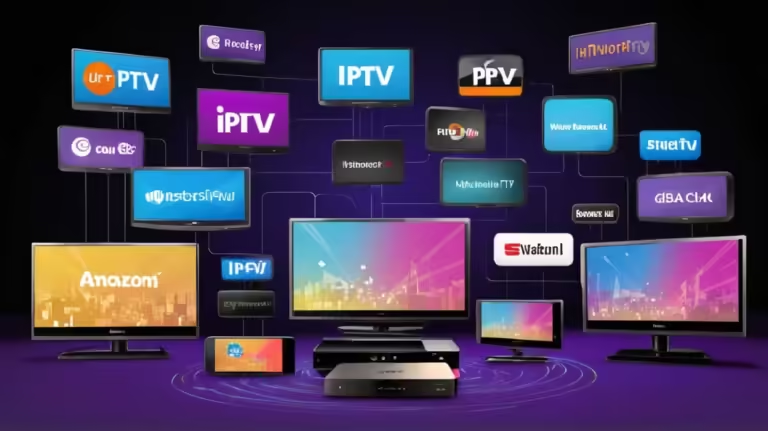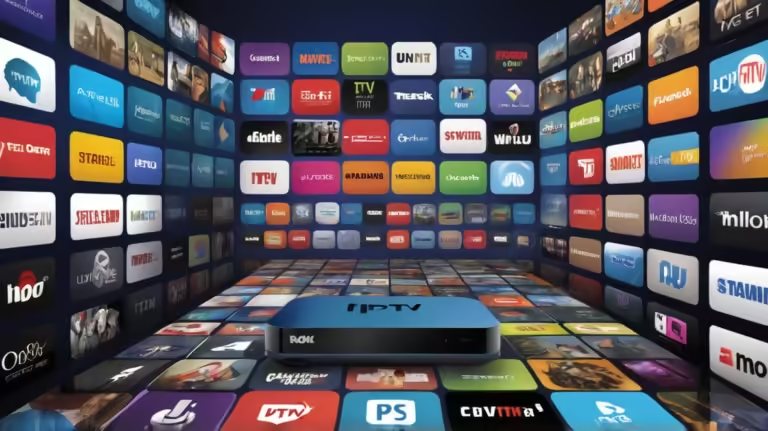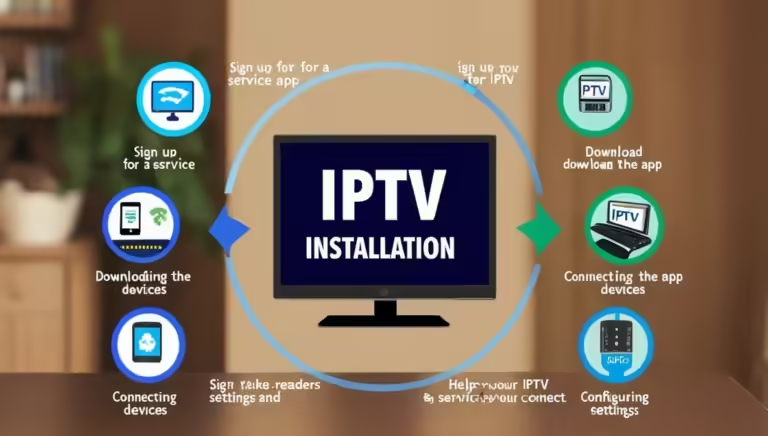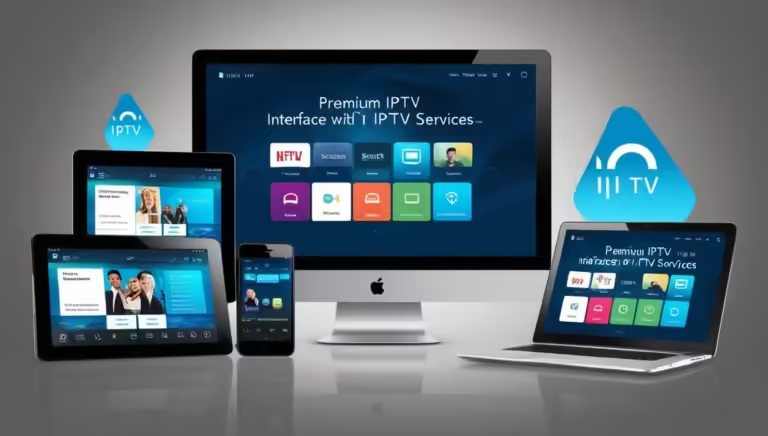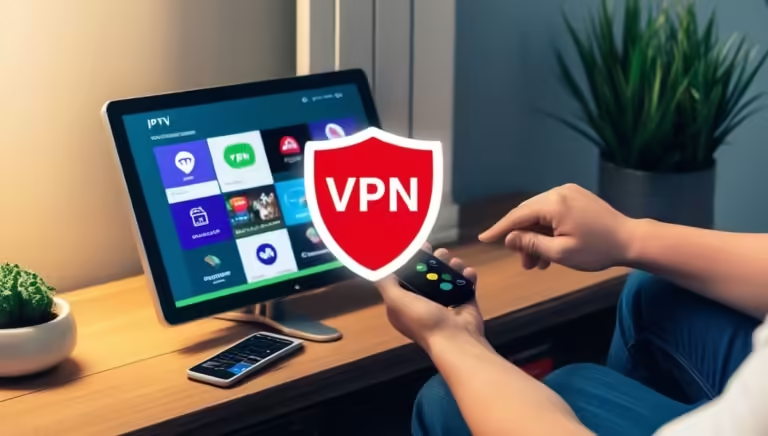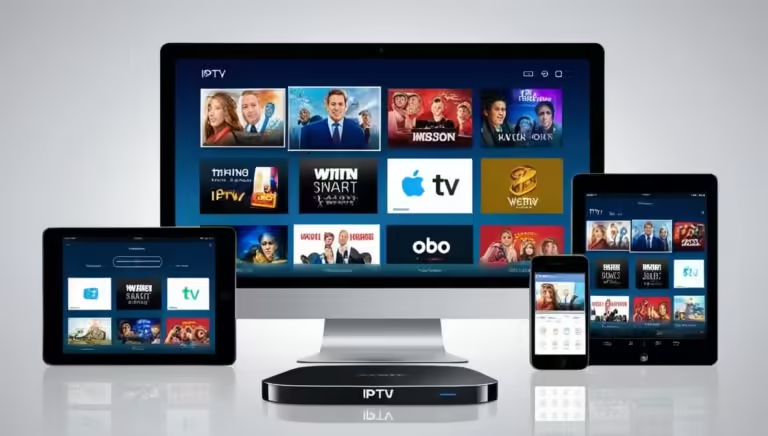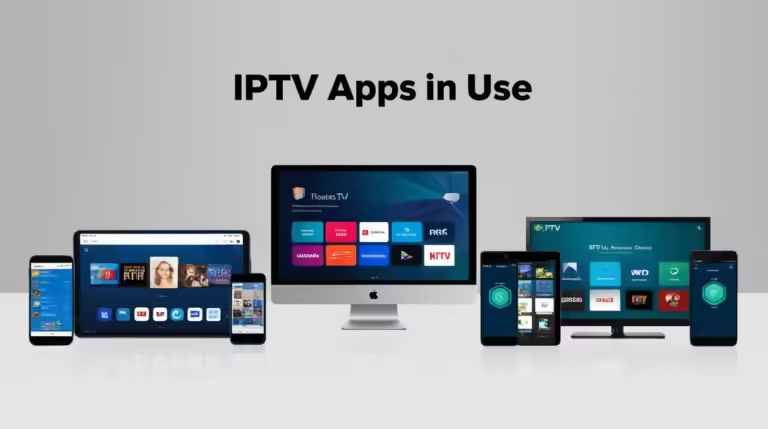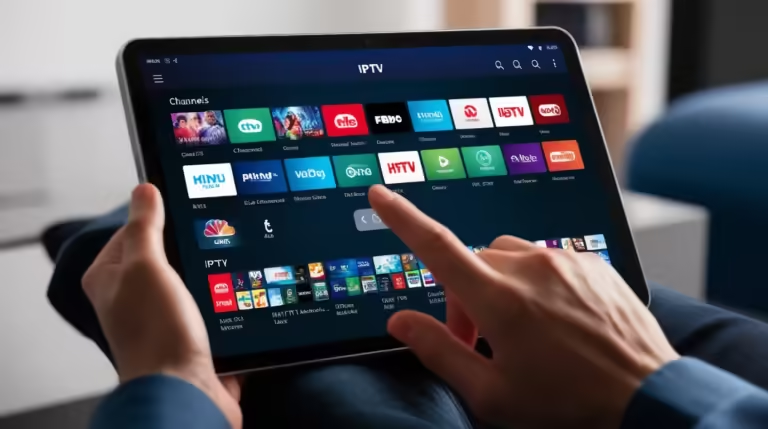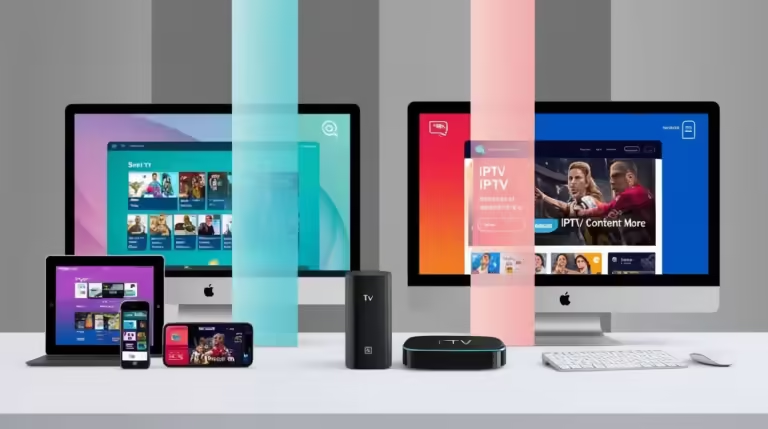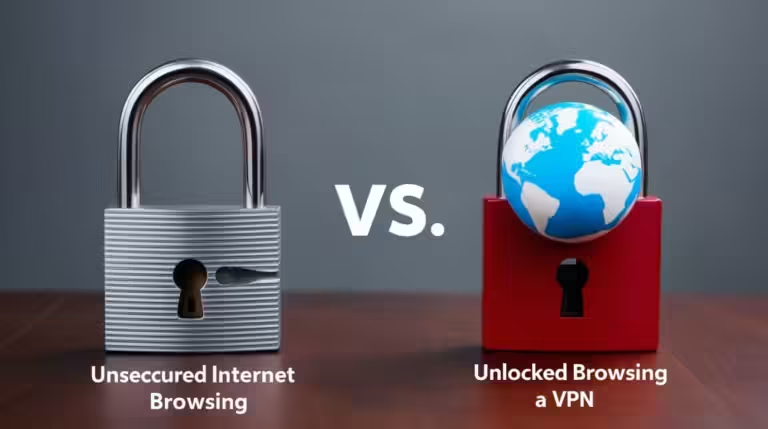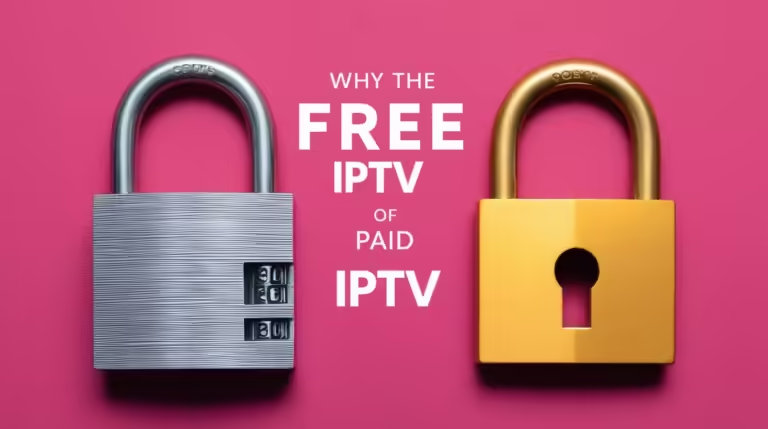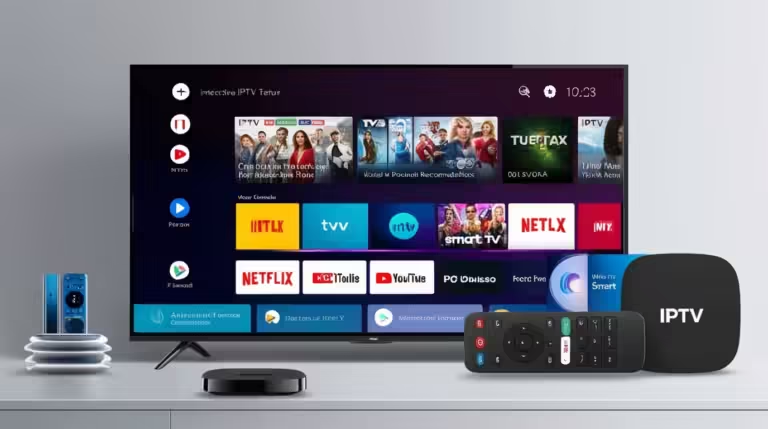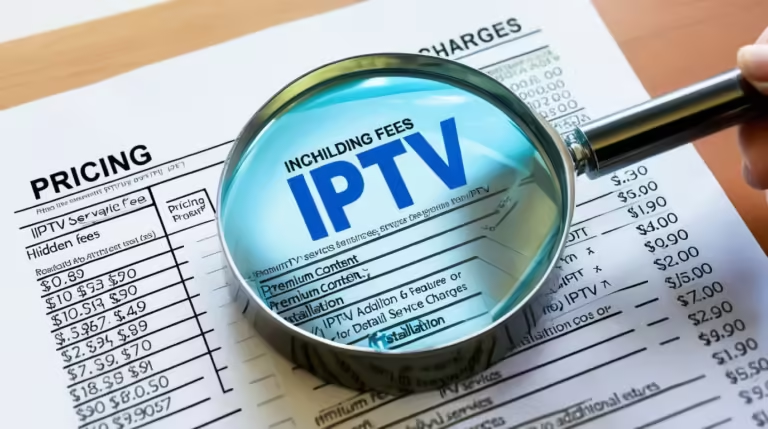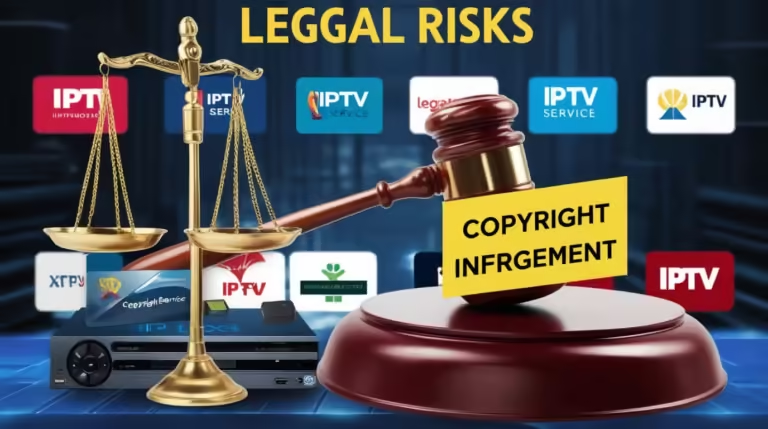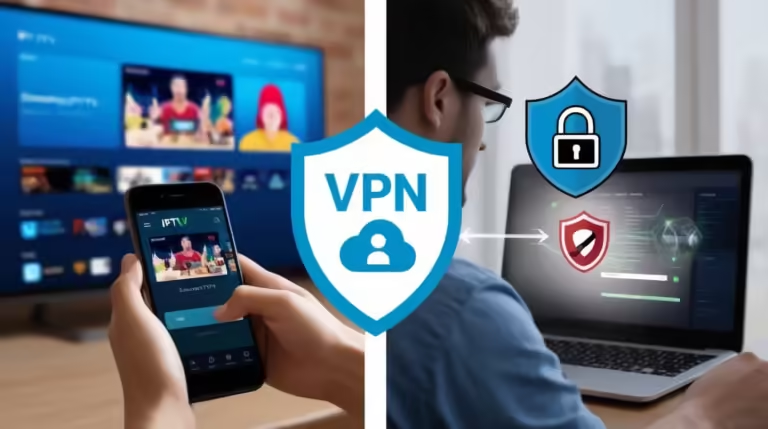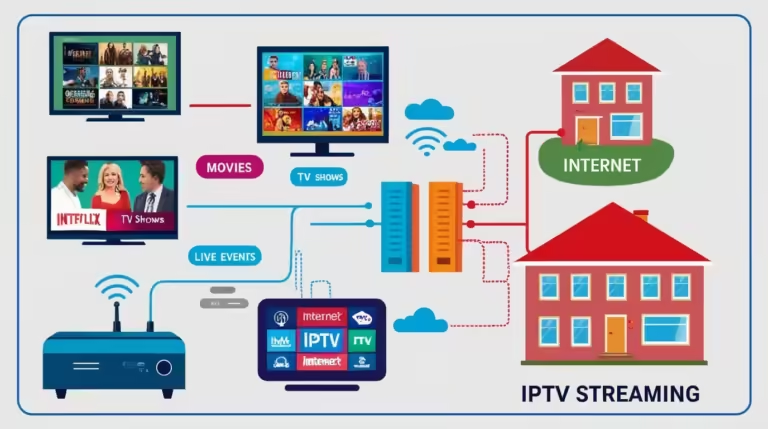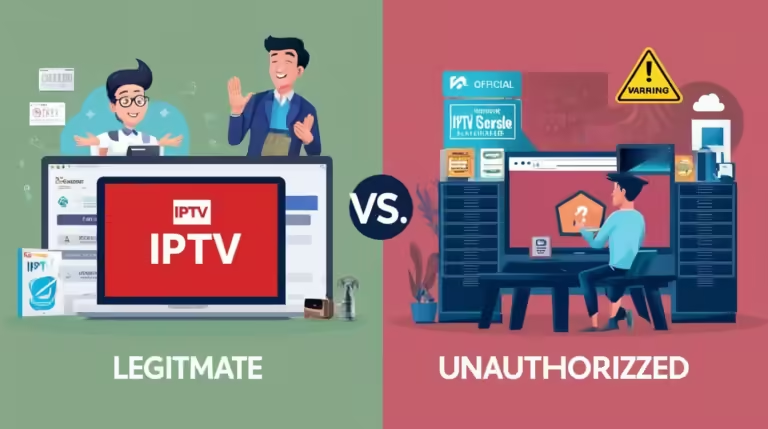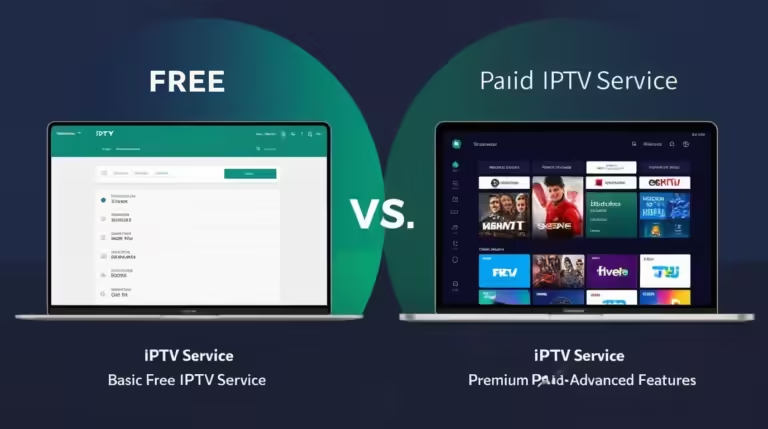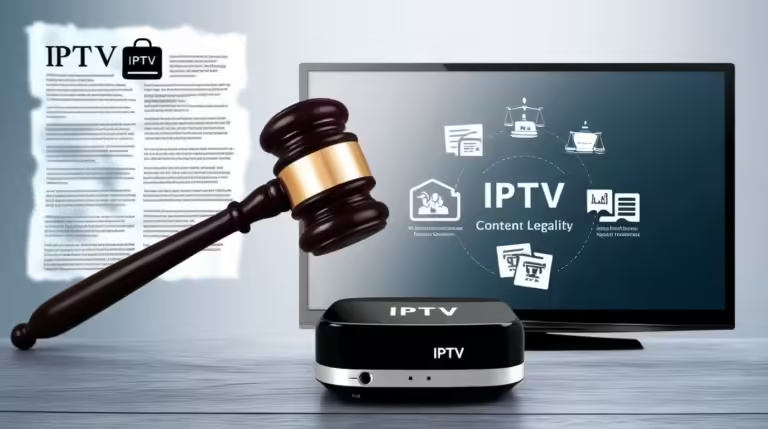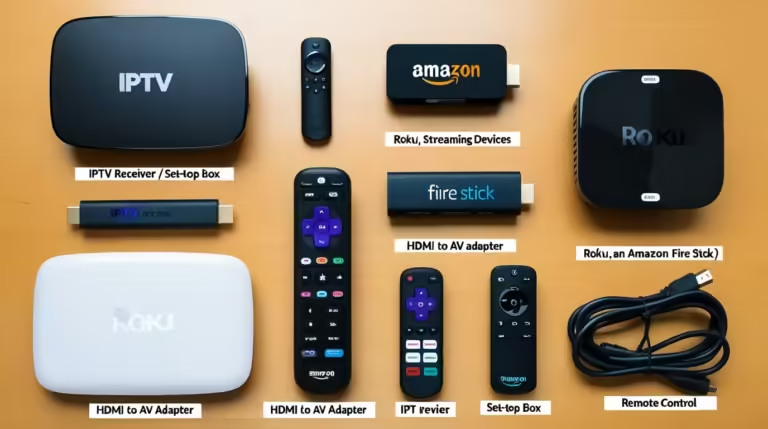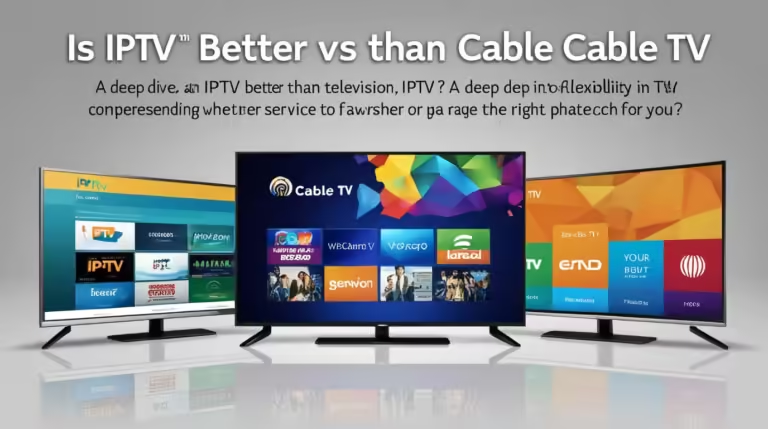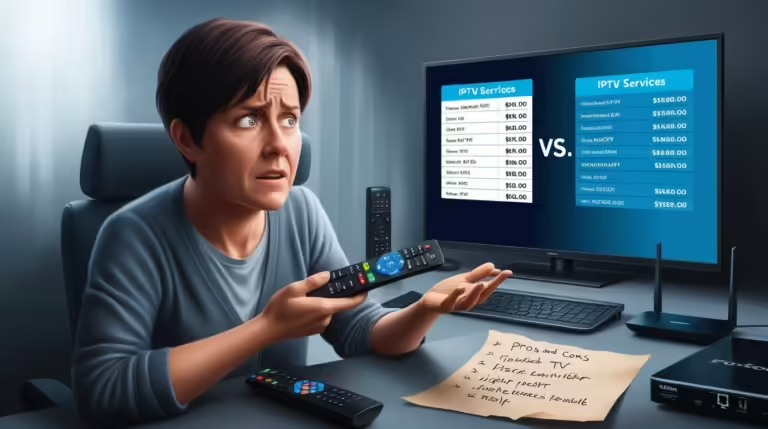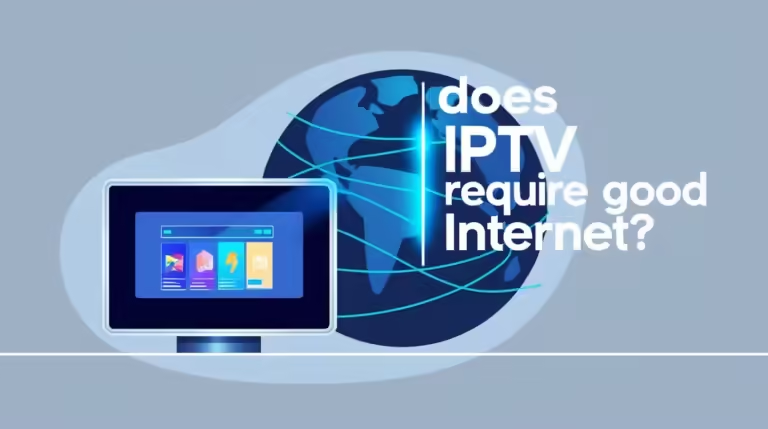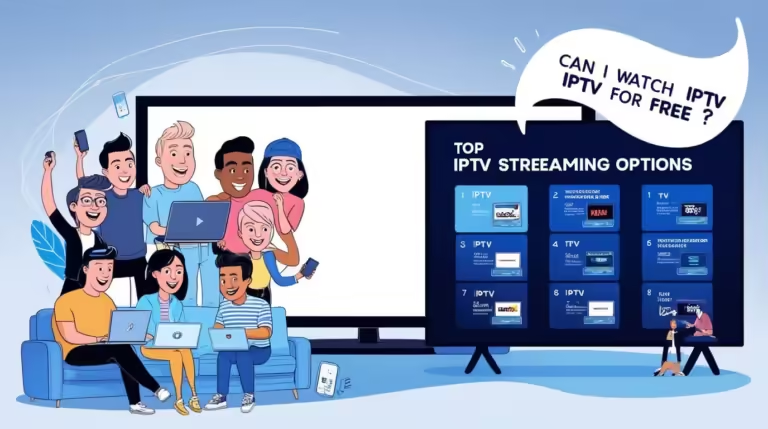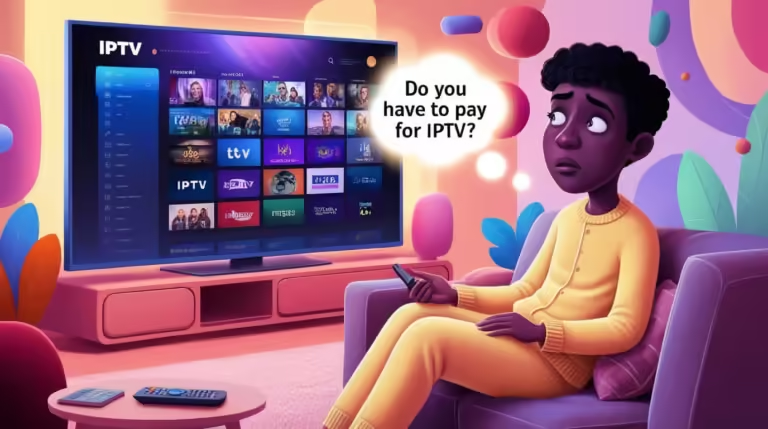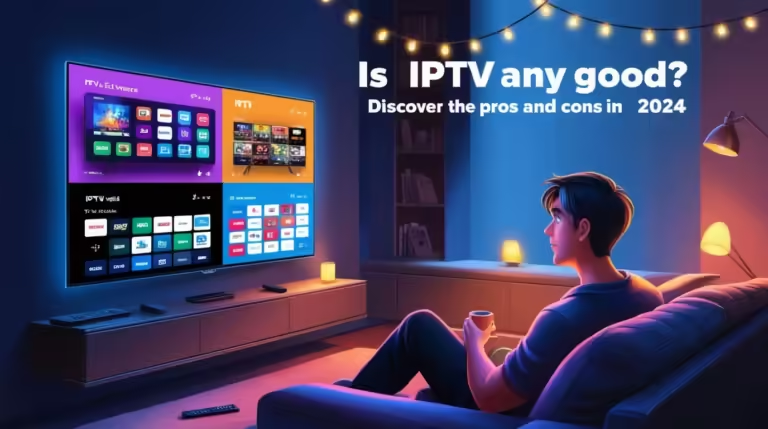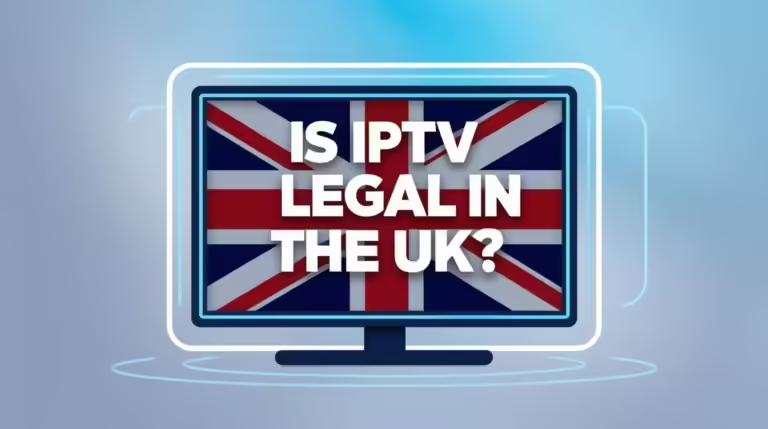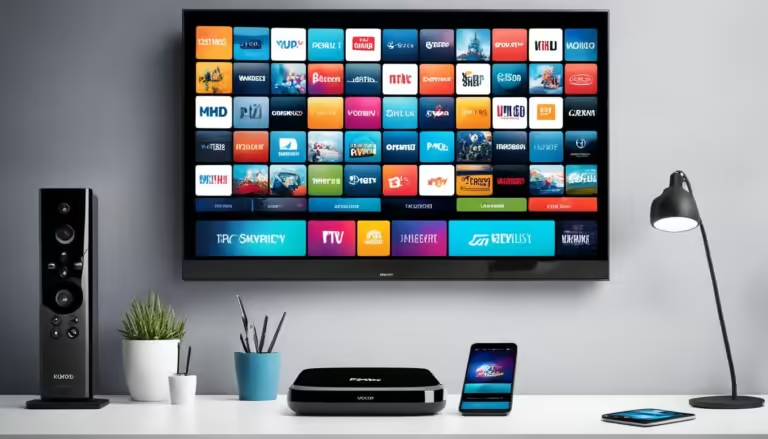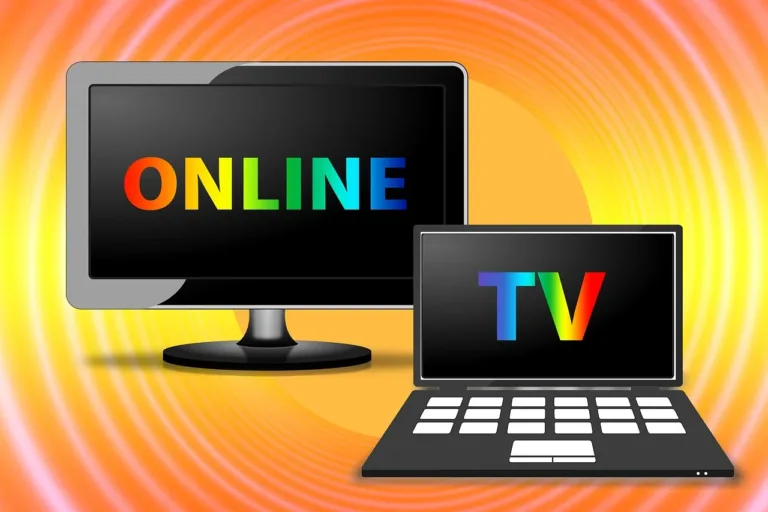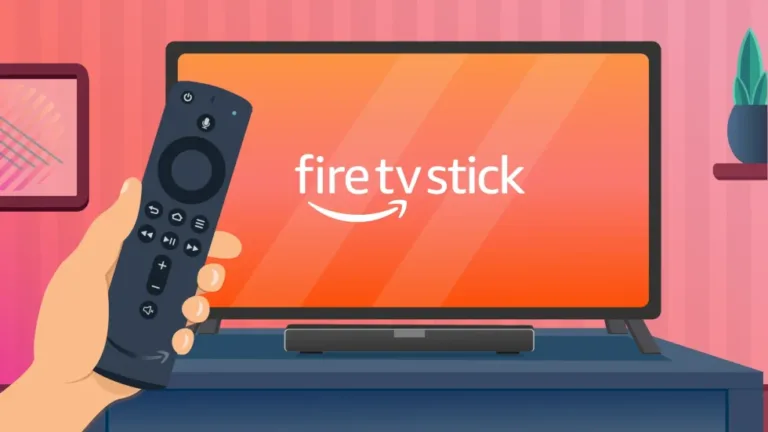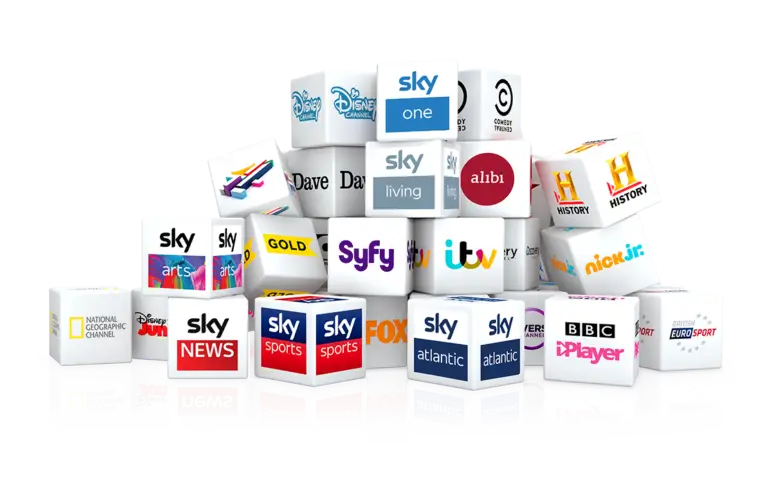Introduction
Internet Protocol Television (IPTV) represents a modern paradigm shift in the way we consume media, offering an internet-based approach to streaming television content. Unlike traditional broadcasting methods such as satellite or cable, IPTV leverages broadband or fiber-optic internet connections to deliver high-quality video streaming. The service has gained increasing popularity due to its flexibility, on-demand capabilities, and a vast array of content that ranges from live broadcasts to recorded shows.
In today’s digital age, the appeal of “free” services is compelling, drawing in audiences with the promise of cost-free access to premium content. However, the question “can I download IPTV for free?” brings with it a multitude of considerations. While obtaining IPTV services without cost may seem advantageous from a subscriber’s perspective, it often entails significant compromises on both legality and safety. These ‘free’ services may expose users to legal risks, malware, and other cybersecurity threats, making the allure of cost savings potentially risky.
This comprehensive guide delves into the nuanced dynamics of IPTV, particularly focusing on the legality and safety dimensions of downloading IPTV for free. Readers will gain valuable insights into the legal implications, potential hazards, and the importance of making informed choices. Understanding the legitimate pathways to IPTV access not only helps in safeguarding personal data and devices but also ensures compliance with copyright and intellectual property laws. By the end of this guide, you will be better equipped to navigate the complexities surrounding the question: can I download IPTV for free?
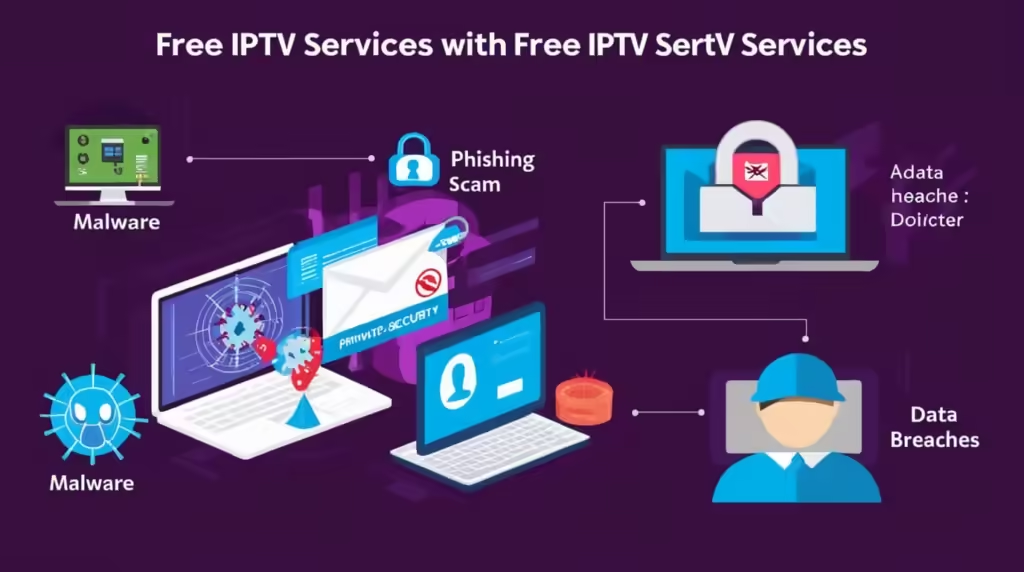
The Basics of IPTV Explained
Internet Protocol Television (IPTV) refers to the delivery of television content over internet protocols, allowing users to stream media rather than receive it via traditional terrestrial, satellite, or cable formats. IPTV leverages a high-speed internet connection and offers a more flexible and interactive viewing experience compared to traditional TV services. By utilizing a packet-switched network infrastructure, IPTV broadcasts content in a more efficient and customized manner.
IPTV services can be broadly categorized into three types: live TV, on-demand content, and time-shifted TV. Live TV broadcasts channels in real-time, mirroring the experience of conventional TV but over the internet. On-demand content allows viewers to access a vast library of movies, TV shows, and other media, akin to platforms like Netflix. Time-shifted TV includes features like catch-up TV, where customers can watch previously aired programs, and start-over TV, which lets viewers restart a live broadcast from the beginning.
The origins of IPTV date back to the 1990s, evolving in tandem with advancements in broadband technology. This evolution was significantly marked by the advent of high-speed internet and the proliferation of streaming services, making IPTV an increasingly popular choice for consumers seeking greater control over their viewing habits.
When contrasting free IPTV services with paid ones, several distinctions emerge. Free IPTV offerings are often less reliable, with potential interruptions and a limited selection of channels. Paid services, conversely, generally provide higher quality streams, a more extensive range of available content, and technical support. The primary advantage of free IPTV is cost savings, but this comes at the expense of quality, stability, and often legal uncertainties.
IPTV differs from traditional cable or satellite TV in significant ways. Unlike cable or satellite TV, which delivers content through physical cables or satellites, IPTV streams content over the internet. This method allows for greater interactivity, such as pausing live TV or accessing on-demand content, which is not usually available with conventional TV services. Moreover, IPTV’s reliance on internet protocols provides possibilities for customizable and scalable services tailored to individual preferences, a stark contrast to the often rigid packages offered by cable and satellite providers.
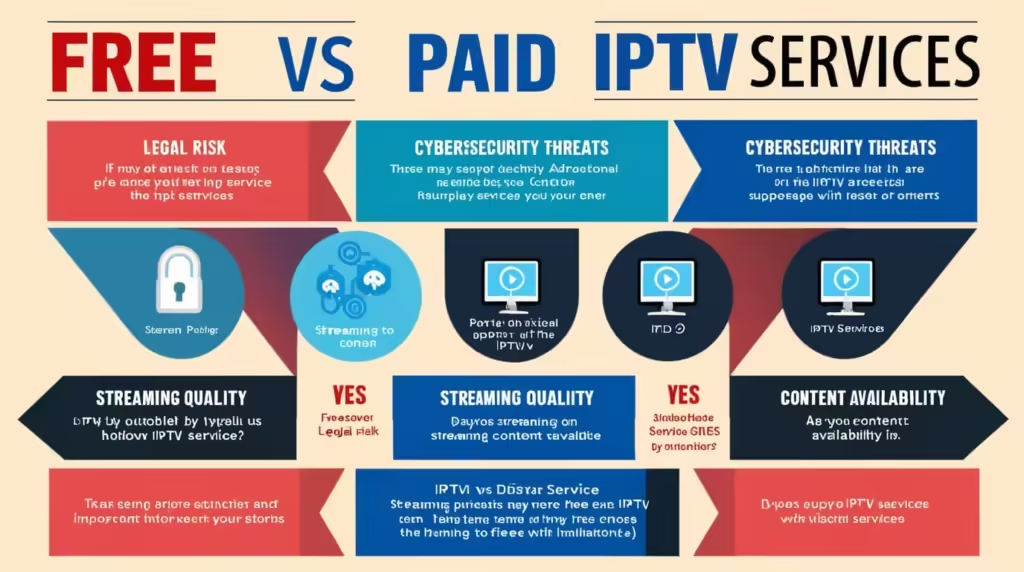
Can I Download IPTV for Free? The Risks and Reality
While the allure of free IPTV (Internet Protocol Television) services is undeniable, the potential risks cannot be overlooked. The primary danger associated with downloading IPTV for free is the high probability of encountering malware. Malware can infiltrate your system through seemingly legitimate IPTV applications or websites, leading to compromised personal information, financial losses, and even system malfunctions.
Phishing is another prevalent threat in the realm of free IPTV. Scammers often create fake IPTV websites or applications that mimic reputable services, tricking users into providing sensitive information such as passwords, credit card details, or other personal data. These phishing activities can culminate in identity theft or unauthorized transactions.
Moreover, data breaches are a significant concern when using unverified free IPTV services. Unsecured platforms are more susceptible to hacker attacks, which can result in the exposure of users’ private data. Once your data is breached, it can be sold on the dark web, leading to long-term consequences beyond immediate financial loss.
Free IPTV services also frequently attract scammers aiming to exploit unsuspecting users. These scammers might promise high-quality streaming services but fail to deliver, and in many cases, users discover too late that they have paid for a non-existent service. For instance, there have been instances where people paid upfront for annual subscriptions only to find the service discontinued a few weeks later.
Legal repercussions are another important factor to consider. Downloading IPTV for free often involves accessing pirated content, which is illegal in many jurisdictions. Legal actions against individuals using unauthorized IPTV services have been reported, resulting in hefty fines and, in some severe cases, imprisonment.
Real-life cases highlight these risks vividly. For example, in 2020, a well-documented case involved a group of users who downloaded a free IPTV application, only to find their banking information stolen and used for fraudulent transactions. Similarly, a large-scale investigation in Europe led to the shutdown of multiple illegal IPTV providers, with numerous users facing legal action.
In essence, while the prospect of free IPTV may seem appealing, the associated risks far outweigh the benefits. The dangers of malware, phishing, data breaches, scamming, and legal issues emphasize the need for caution.
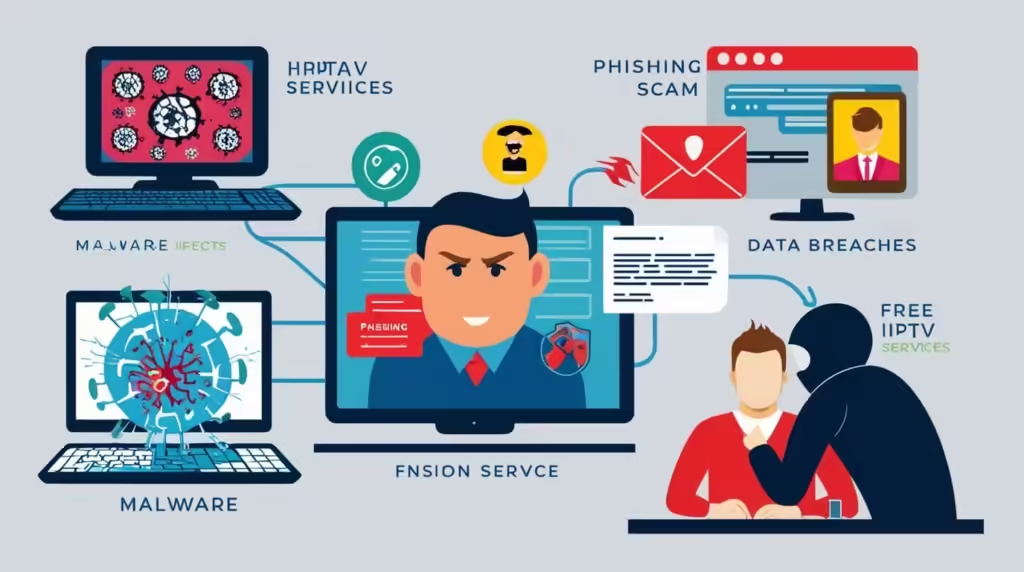
Legal Boundaries: Can I Download IPTV for Free Without Breaking the Law?
In the rapidly evolving digital landscape, the legality surrounding the use of free IPTV services often presents a convoluted issue. Fundamentally, IPTV, or Internet Protocol Television, refers to the delivery of television content over internet protocols instead of traditional terrestrial, satellite, or cable formats. While the allure of accessing IPTV content without financial outlay is undeniable, it’s imperative to comprehend the legal boundaries governing such actions.
Downloading IPTV for free indiscriminately can lead to inadvertent violations of copyright laws. Most IPTV services, particularly those offering free access to premium content, typically bypass legitimate licensing arrangements. In many jurisdictions, this is considered illegal. For instance, in the United States, the Digital Millennium Copyright Act (DMCA) explicitly addresses the prohibition of distributing copyrighted material without appropriate licenses. Legal experts have continually underscored that accessing or disseminating copyrighted content without permission constitutes a breach of these laws, opening users to potential civil and criminal liabilities.
European countries have also exhibited a rigorous stance against illegal IPTV services. The Court of Justice of the European Union (CJEU) has ruled that streaming unauthorized television content, whether deliberately or unwittingly, infringes on the intellectual property rights of the content creators. This has led to several high-profile crackdowns on both providers and consumers of illicit IPTV streams. Similarly, countries like Canada and Australia have implemented stringent measures, with local regulations buttressed by international copyright agreements.
Legal experts advise that inquiring whether one can download IPTV for free should be approached with caution. It’s critical to ascertain that the service provider holds the necessary content distribution rights. As a quoted legal authority emphasized, “While free IPTV services exist, the absence of subscription fees should not overshadow the due diligence required in verifying their legal status.” Engaging with verified, licensed platforms ensures compliance and fosters a secure viewing experience.
Ultimately, the fine line between legal and illegal IPTV services underscores the importance of vigilance. Users must remain informed and exercise prudence to avoid unwittingly stepping into legal pitfalls while exploring IPTV options.
Safe Sources: Where Can I Download IPTV for Free Without Compromising Security?

As the demand for IPTV (Internet Protocol Television) continues to grow, many individuals are drawn to the lure of free IPTV services. However, finding legitimate and safe sources where you can download IPTV for free is essential to avoid potential risks. By following a few guidelines and being cautious, you can enjoy IPTV without compromising your security.
Firstly, prioritize identifying trustworthy sources. Legal IPTV providers, apps, or streaming services often adhere to stringent regulations and offer a level of security that dubious websites cannot match. Several reputable free IPTV options are available, such as Pluto TV, Crackle, and Tubi, which are known for their compliance with legal requirements. These platforms not only offer a range of channels and content but also ensure your safety through established security protocols.
While exploring free IPTV options, it is crucial to avoid sketchy websites that may promise vast content libraries for free. These sources often mask malware, adware, or other malicious software that can compromise your device’s security. To recognize and steer clear of such unreliable sites, check user reviews, forums, and expert recommendations. Additionally, scrutinize the website’s design and functionality; professional and well-maintained sites are generally safer bets.
Besides selecting reputable providers, consider additional security measures for enhanced protection. Using reliable antivirus software is a fundamental step to shield your device from potential threats. Make sure your antivirus program is up-to-date and configured to scan regularly. Furthermore, employing a Virtual Private Network (VPN) can add an extra layer of security by encrypting your internet connection and masking your IP address, reducing the risk of cyber-attacks.
It is also important to acknowledge that while free IPTV options exist, they often come with limitations compared to paid services. Free providers may have fewer channels, lower video quality, or more advertisements. If these limitations are acceptable, you can enjoy free IPTV without significant compromise. Otherwise, consider evaluating paid IPTV services for a more comprehensive and reliable experience.
Comparing Free and Paid IPTV: Can I Download IPTV for Free and Get the Same Quality?
The question “Can I download IPTV for free and get the same quality?” is common among consumers exploring IPTV options. However, the distinction between free and paid IPTV services often reveals significant differences that affect the overall viewing experience.
First, consider the streaming quality. Paid IPTV services generally offer high-definition (HD) and sometimes even 4K quality streams, whereas free IPTV services often provide standard-definition (SD) streams. HD quality enhances the viewing experience by providing clearer, sharper images and more vibrant colors, making it a compelling feature of paid services.
Reliability is another critical factor. Paid IPTV services typically guarantee stable streams with minimal buffering issues, thanks to robust infrastructure and dedicated servers. Conversely, free IPTV services are notorious for buffering problems, which can frustrate viewers especially during live events or popular shows.
When it comes to content availability, paid IPTV services usually offer an extensive and diverse selection of channels, including premium sports, entertainment, and international broadcasts. Free IPTV services, while enticing, might not have legal access to such a vast array of content, often resulting in a limited and inconsistent channel lineup.
Customer support also sets paid IPTV services apart. Supporting their users with prompt and effective customer service, paid services offer assistance for technical issues, subscription queries, and more. Free IPTV users, on the other hand, are often left to navigate technical challenges on their own due to the lack of organized customer support.
While the notion of free IPTV might seem appealing, understanding the trade-offs is crucial. Free services often attract users with the promise of zero cost but fall short in delivering consistent quality, reliability, and comprehensive content. In contrast, investing in a paid IPTV service can ensure a superior viewing experience, reducing interruptions and providing greater satisfaction.
Future Trends: Will Can I Download IPTV for Free Remain a Viable Option?
The future of free IPTV services hinges on several dynamic factors within the realms of technology, regulations, and consumer behavior. As streaming technology continues to advance, it has the potential to radically enhance the user experience while simultaneously imposing challenges for the sustainability of free IPTV options. High-definition (HD) and ultra-high-definition (UHD) content streaming are becoming the new standard, requiring greater bandwidth and more robust infrastructure. This evolution in technology could make it harder for free IPTV services to maintain quality and reliability, potentially driving consumers towards paid alternatives that offer superior performance and minimal disruptions.
Simultaneously, as the demand for streaming content grows, so too does the scrutiny from regulatory bodies. Stricter regulations are likely to be instituted to combat the copyright infringements often associated with free IPTV services. Governments and regulatory agencies worldwide are increasingly collaborating with service providers to enforce these laws more stringently. This could result in significant legal pressures on free IPTV providers, further challenging the feasibility of sustaining these services in the long term.
On the market front, consumer preferences are also evolving. There’s a growing inclination towards reliability, legality, and high-quality content, factors often associated with paid services. Moreover, new business models are emerging that aim to bridge the gap between free and paid services. Hybrid models, freemium plans, and ad-supported streaming services are gaining traction, offering a compromise by providing basic access for free while monetizing through advertisements or offering premium subscriptions for enhanced features. These models could potentially capture a significant segment of users currently relying on free IPTV.
Ultimately, the sustainability of free IPTV in the future might depend on a delicate balance between technological capabilities, regulatory measures, and innovative business strategies. While it may still offer a tempting option for some, the landscape suggests a gradual shift towards more regulated and monetized forms of content delivery. As the environment grows more challenging, the viability of consistently accessing high-quality IPTV for free could diminish, making it increasingly essential for users to evaluate the trade-offs involved.
Conclusion
In conclusion, the question of “can I download IPTV for free?” unfolds into a multi-faceted discussion about legality, safety, and practicality. Firstly, we examined the diverse availability of IPTV services, from legitimate providers to potentially dubious free options. Readers should be aware of the legal implications, as not all free IPTV offerings operate within the boundaries of the law. It is crucial to differentiate between what is legal and what isn’t to avoid potential consequences.
Moreover, safety concerns cannot be overstated. Free IPTV services often lack the security measures of their paid counterparts, increasing the risk of malware, data breaches, and other cyber threats. Prioritizing personal and data security should always be at the forefront of one’s decision-making process. Leveraging antivirus software and conducting thorough research before downloading any free IPTV service can mitigate these risks while optimizing content quality and user experience.
Ultimately, the choice between free and paid IPTV services rests with the user, who must weigh the immediate cost savings against potential legal and security challenges. Making informed choices ensures sustainable and uninterrupted access to desired content without the looming threat of fines or compromised personal information.
We encourage our readers to share their personal experiences with IPTV services, whether free or paid, in the comments below. If further questions arise, do not hesitate to seek additional information or expert opinions. The future of IPTV remains bright and promising, offering a rich spectrum of entertainment possibilities. Whether you opt for a free service or invest in a paid subscription, staying informed and vigilant will enhance your viewing experience and safeguard your digital life.
Thank you for joining us in this exploration of IPTV. We look forward to hearing your thoughts and continuing this conversation.

